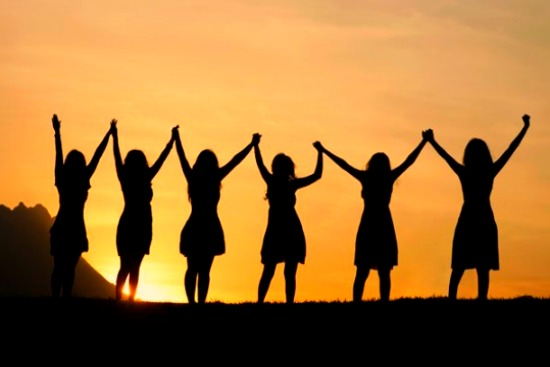Poor energy access across Africa has necessitated the need for people to generate their own energy, usually from polluting and/or inefficient fossil fuels commonly wood, charcoal, and petroleum products. These produce high levels of air pollution with a range of health-damaging pollutants that penetrate deep into the lungs and other internal organs, causing a myriad of illnesses including lung cancer, pneumonia, heart disease, and stroke. According to the World Health Organisation (WHO) 3.8 million people globally die prematurely every year from illness attributable to the air pollution caused by the inefficient use of solid fuels and kerosene. The study also notes that exposure is higher among children, and women due to higher involvement in domestic activities and as 70% of Micro, Small, and Medium scale business owners across Africa.
Energy access is a major determining factor in any country’s economic development. In Africa, the economy is largely driven by Micro, small and medium enterprises (MSMEs) that contribute significantly to the GDP through employment generation, increasing local value addition, and technological advancement. With epileptic grid electricity supply and challenging economic situations, renewable energy alternatives are becoming increasingly attractive to MSMEs.
Gender mainstreaming in the clean/renewable energy movement can help increase women’s engagement and ensure that women’s perspectives are fully articulated. Women’s energy empowerment includes women’s ability to participate equally in existing markets; their access to and control over productive resources, access to decent work; and increased voice, agency, and meaningful participation in energy decision-making at all levels of society.
Clean Technology Hub, as an energy and environment-focused Non-Governmental Organization based in Nigeria, has been at the forefront of driving gender mainstreaming in energy access across the country and Africa. This is to ensure that women who are impacted by poor energy access are adequately represented in initiatives and policy-making processes geared at addressing the energy gap.
The renewable energy sector has witnessed great improvements in innovative technological solutions that address the needs of the MSMEs ranging from basic indoor and outdoor lighting technologies and clean cookstoves to larger systems that can power industrial appliances such as cold rooms, irrigation pumps and driers.
From 2016 to date, the hub has successfully reached over 2,000 women cutting across women in leadership positions to women entrepreneurs and those in last mile communities. The focus however has been on leading change through women; encouraging women to champion the transition to cleaner renewable energy alternatives for domestic and productive uses to achieve the accrued health benefits as well as in achieving the global environmental sustainability goals and taking action against climate change.
However, the cost has been the major limitation to transitioning communities from fossil fuels and other inefficient energy sources to renewable energy technologies especially clean cooking technologies. With the inadequate supportive infrastructure for manufacturing in Nigeria, the availability of clean technology solar components in the country is heavily reliant on overseas manufacturing and import. This means that supply chains are easily impacted by global and local factors such as the recent Covid-19 pandemic, economic slowdown, or even government policies that can impact these supply chains.
This leaves the price of products at the mercy of foreign exchange rates, import duties, and VAT amongst other costs. Various initiatives have been proposed and deployed to address this including pay-as-you-go systems but have also not been able to gain much traction owing to several factors such as poor mobile money service deployment and high loan repayment default rates.
The advice on transitioning to renewable energy alternatives for individuals, homeowners, and entrepreneurs during the hub’s energy training session is to follow the ‘tier method’. How does this work, you wonder? Well, it basically assumes a ground zero level where there is no access to grid electricity whatsoever and availability of sunlight. Therefore, purchasing as simple as a solar bulb or a system with a number of bulbs to power a household or office with more than one room cuts off the need for a generator for lighting and delivers significant energy cost savings.
These savings compound over time and can be reinvested in expanding the capacity of the solar system to take-on more appliances. This approach holds true even for larger systems where the individual can afford them; and so starting with two solar panels for instance which can power only a few appliances, over time the energy cost savings can be ploughed back into expanding the capacity of the solar home system.
Beyond providing linkages between solar companies and entrepreneurs, the hub also supports women empowerment through solar entrepreneurship in solar home systems (SHS) driven by partnerships with solar companies. Leveraging on word of mouth as the most successful strategy in gaining acceptance of new products, and the influence of women as foremost players in energy usage domestically and for productive uses, we believe that this will be instrumental in gaining a broader scale buy-in for solar products. This has seen wide-scale acceptance as at least 30% of women participants become subscribers at the end of our training.

Source: Zululand Observer
We believe that one woman at a time, the continent would be able to make great progress in achieving the Sustainable Development Goal 7 (SDG 7) of ensuring access to clean, affordable, and reliable energy for all.